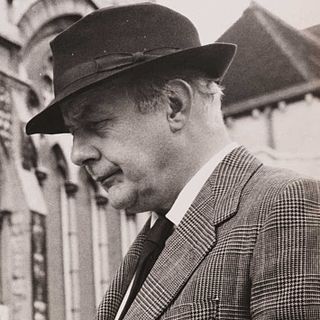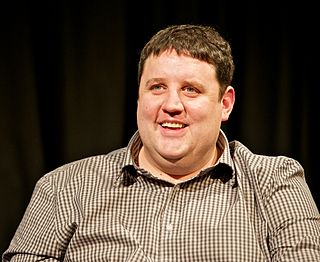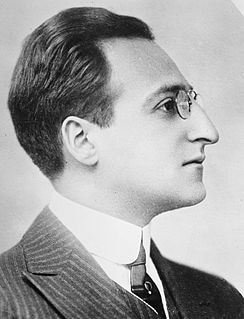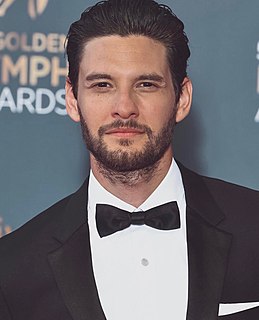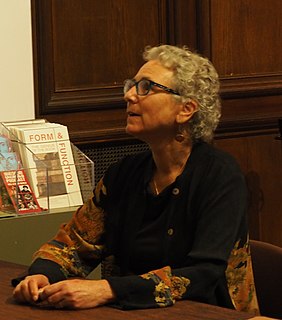Цитата Джона Бетджемана
Связанные цитаты
Одна из замечательных особенностей гимнов заключается в том, что они представляют собой своего рода общепризнанную поэзию, по крайней мере, среди определенных групп населения. Этого тоже уже не так много. Есть очень мало стихов, которые люди могут прочитать наизусть, но есть довольно много гимнов, которые, если вы напеваете несколько тактов, могут сочинить как минимум два куплета. Многие старые гимны очень красивы.
Какой способ изучить великое богословие! Вот что приходит на ум всякий раз, когда я пою один из тех старых гимнов. "And Can It Be" - это как переложить учение о спасении на музыку. «Приди, источник всякого благословения» — это мелодичный урок благодати. Неудивительно, что хорошие гимны укрепляют веру!
Иногда я, как государственный чиновник, обращаюсь к Священному Писанию или гимнам — особенно к гимнам, потому что иногда мы, католики, не заучиваем Писание должным образом, — чтобы помочь мне объяснить позицию или идею государственной политики или сформулировать ее. лучше, когда вы говорите о справедливости, милосердии или сострадании.
В американской поэзии есть что-то одинаковое, и я не думаю, что она представляет весь народ. Это поэзия момента, поэзия уклончивости, и у меня с этим проблемы. Я считаю, что поэзия всегда была политической, задолго до того, как поэтам пришлось иметь дело со страницей и пустым пространством. . . это естественно.
Нет никакой разницы между лирикой и поэзией. Слова есть слова. Единственная разница — это люди, занимающие академические должности, называющие себя поэтами и занимающие академическую позицию. Им есть что терять, если они говорят, что это все поэзия; если к этому нет музыки, и вы должны носить определенную клетчатую рубашку или что-то в этом роде. Все то же самое. Лирика есть лирика, поэзия есть поэзия, лирика есть поэзия, а поэзия есть лирика. Они взаимозаменяемы для меня.
Мы должны учить стихи в школе. Мне интересна поэзия, особенно китайская поэзия. Это как древняя форма песни. Там пять предложений, семь предложений — они очень отличаются от английской поэзии. Китайская поэзия гораздо более строгая. Вы можете использовать только это количество слов, и они будут формировать какой-то ритм, чтобы люди действительно могли его спеть. Для меня поэзия довольно абстрактна, но в то же время довольно красива.
